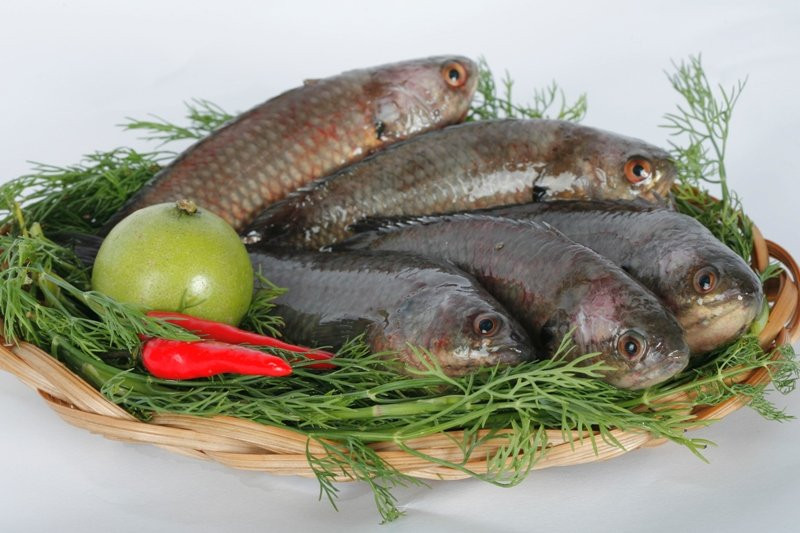Healthy Fish You Should Eat
Salmon is rich in omega 3 which prevents cardiovascular disease, tilapia has a sweet and neutral taste suitable for people who have just recovered from illness.
Fish is rich in protein and omega 3, a healthy fatty acid that the body cannot produce on its own. Omega 3 plays an essential role in the brain and has been shown to reduce inflammation, reduce the risk of heart disease, and benefit fetal development in the womb.
According toHealthlineThe American Heart Association recommends adding fish to your daily diet. Fish high in omega 3, such as salmon, sardines, and tuna, should be eaten at least twice a week.
However, these fish may contain harmful levels of mercury and toxic waste, especially shark, swordfish, king mackerel and tilefish. Therefore, children and pregnant women should be careful when eating them.
Here are some healthy fish:
Salmon
Salmon is the richest source of Omega 3. 100g of salmon contains 2.3g of Omega 3, which helps reduce cholesterol levels in the body, maintain the flexibility of arteries and veins, and strengthen the heart muscle. Omega 3 is also said to help reduce blood pressure and prevent hardening of the arteries.
The proteins in salmon help the body to easily digest and absorb nutrients. Salmon is rich in essential vitamins and minerals such as iron, calcium, phosphorus, selenium, vitamins A, D, B. These are essential nutrients for nutritional metabolism in the human body.
Perch
 |
| Tilapia is a very good dish for people who have just recovered from illness. |
Tuna
Fresh tuna or canned tuna still retains its delicious taste and nutritional value. 100g of tuna contains 184 calories, 30g of protein, 10mg of calcium, 64mg of magnesium and vitamins A, B, B6, B12... preventing atherosclerosis, preventing iron deficiency anemia. In addition, tuna is low in fat but rich in protein and DHA, which can balance the body's necessary nutrients, promote brain cell regeneration, and improve memory.
Herring
Herring is long, thin, has few scales, is meaty, and has little fishy taste. According to experts, this is a very nutritious fish, also known as "fatty fish" because the oil in herring contains a lot of Omega 3 fatty acids that are good for the brain. This type of fish is often smoked and packaged to preserve for a long time without losing its nutritional value.
Mackerel
This is an elongated fish, similar to tuna but smaller. Mackerel is rich in healthy fats, which have been shown to lower blood pressure and reduce the buildup of blood clots in the arteries.
Cod
Cod has white flesh, mild flavor, provides phosphorus, niacin and vitamin B12. In 100g of cod there is 1g of fat, 15-20g of protein, 90 calories. In addition, cod also has vitamin A, C, calcium and many other minerals and vitamins such as E, D. Scientists have formulated nutrients in cod into medicinal herbs. People with arthritis use oil extracted from cod liver to reduce degeneration of cartilage joints.
Additionally, the selenium, vitamin B12, and vitamin D in cod may reduce the risk of colon cancer.
Sardines
Sardines are rich in healthy fats and vitamins. They are sold canned, including the bones and skin, which are also nutritious.
